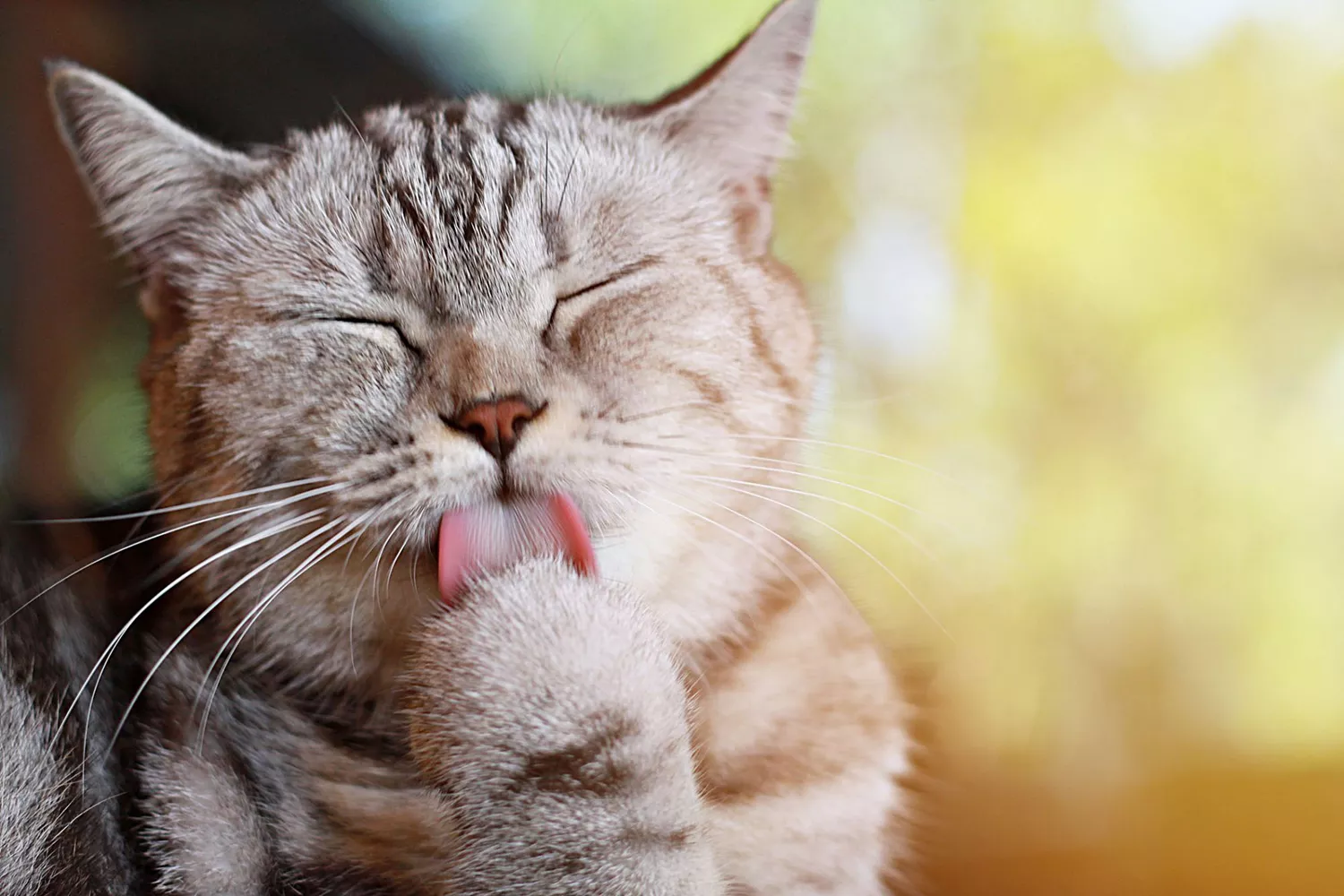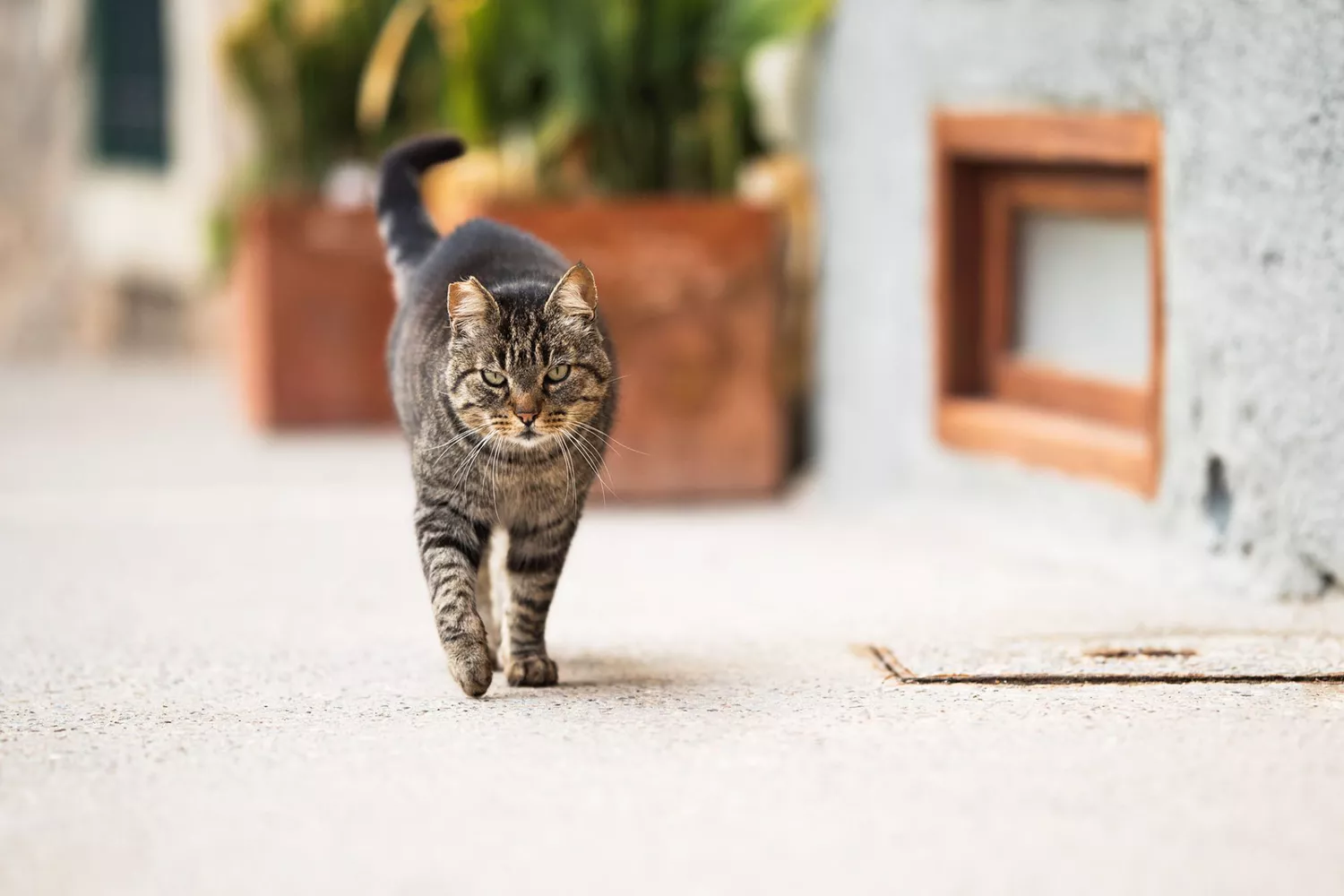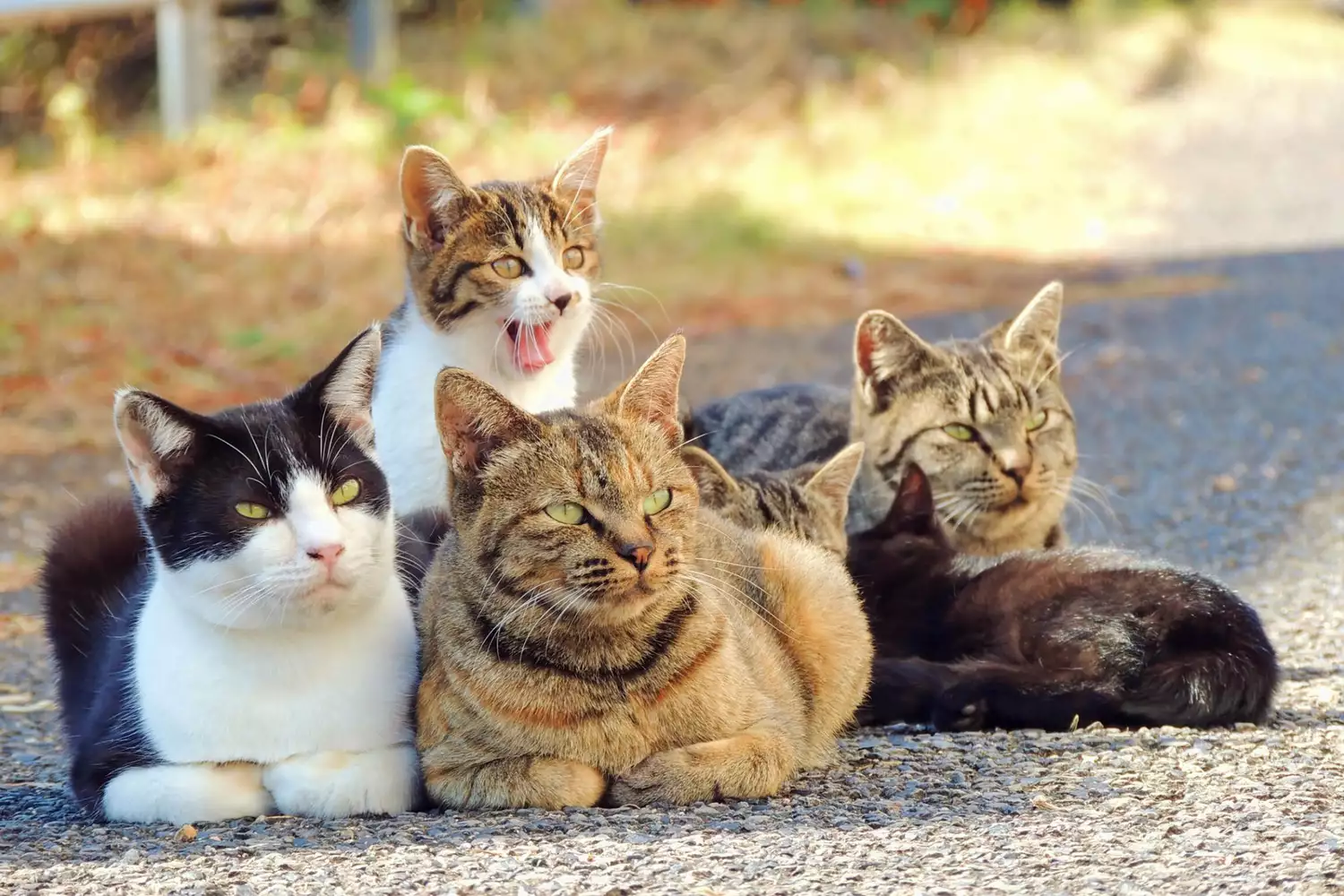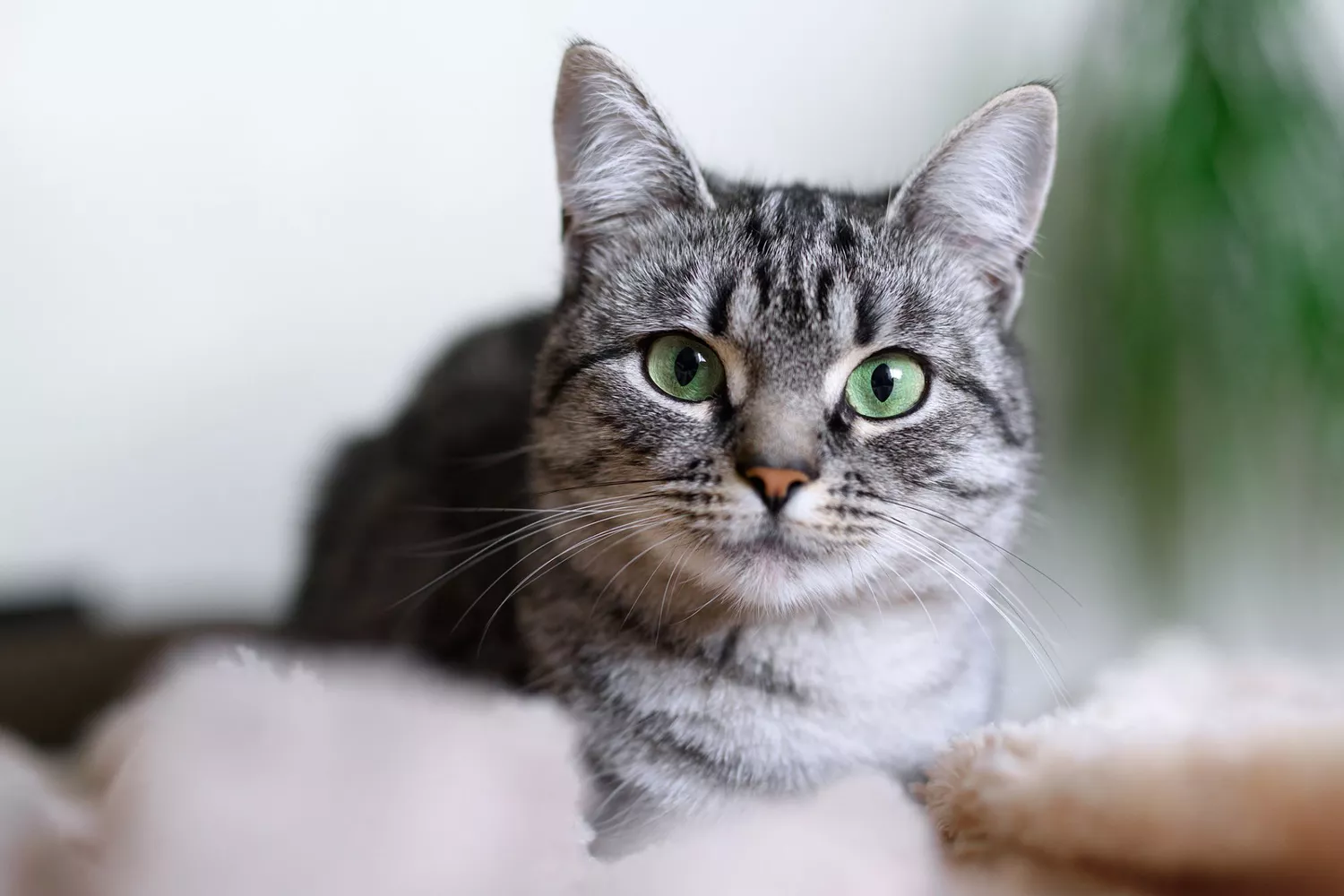
The trick– or, er, apparent fact?– is out: Many cats are psychopaths, and this is according to scientists, not just your regional dog-lovers Facebook page.
You don’t need to just take their word for it either. They developed a test so you can get an idea of how crazed your feline really is.
The cat-owning scientists, in England at University of Liverpool and Liverpool John Moores University, authored this paper explaining their findings. In human terms, psychopaths are disinterested, separated, manipulative, and antisocial. The research study determined felines’ meanness, boldness, disinhibition (rudeness), pet-unfriendliness, and human-unfriendliness– but those qualities were useful in the past.
” It is most likely that all cats have an element of psychopathy as it would have when been helpful for their ancestors in regards to getting resources, for instance food, area, and mating chances,” lead scientist Rebecca Evans stated, according to Metro.
I think it makes good sense! My cousin feline Harley Earl follows me into the bathroom when I’m doing my company. I don’t really want company while I’m in there and think it’s quite unusual habits, however that space is also where his food is. Sounds like my aunt needs to take the test.
After 3 research studies that questioned more than 2,000 cat owners, the scientists came up with this 46-question Cat Triarchic Plus test that ideally can tell cat owners where their cats fall on the crazed spectrum.
A smattering of the sometimes-frightening triggers that give me a new respect for cat owners:
My feline purrs when attacking people/animals
My feline controls me (e.g. chases me, attacks me).
With regard to other residents (people, family pets) my cat has control of typical locations (e.g. will displace others from rooms/furniture).
My cat hides and jumps out on people/pets (e.g. from behind doors, corners, worktops).
My feline is really excitable (e.g. goes into “overdrive” and gets uncoordinated).
My cat tortures their prey instead of eliminating it immediately.
For each prompt, cat owners can react with whether it explains their cat: not (1 point); somewhat well (2 points); moderately well (3 points); effectively (4 points); or exceptionally well (5 points. They can likewise choose if the prompt is not relevant.
The scoring handbook is at the bottom of the test, where you can score for each of the 5 components– vibrant, disinhibited, suggest, pet-unfriendly, and human-unfriendly– and get your overall Cat Triarchic Plus rating.
A high score near to 5 probably indicates your feline is more crazed, however that’s OK. You’ll obviously still enjoy them, and scoring well on the disinhibition and pet-unfriendliness components anticipates a quality relationship in between cat and owner, according to researchers.
Meanwhile, a feline scoring high in the meanness and boldness classifications could indicate your relationship is a little more strained. Ideally nothing some homemade feline deals with can’t fix.











